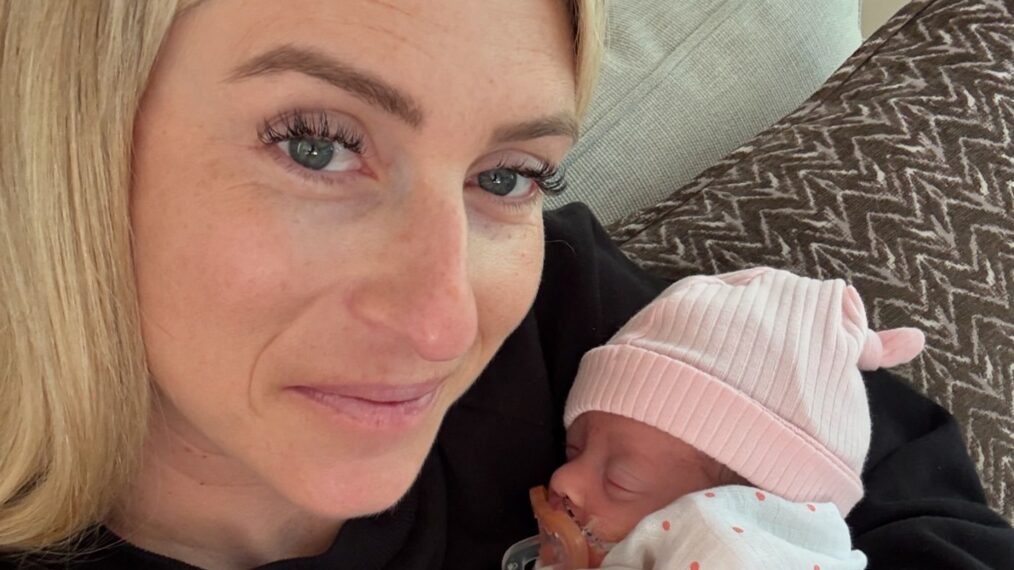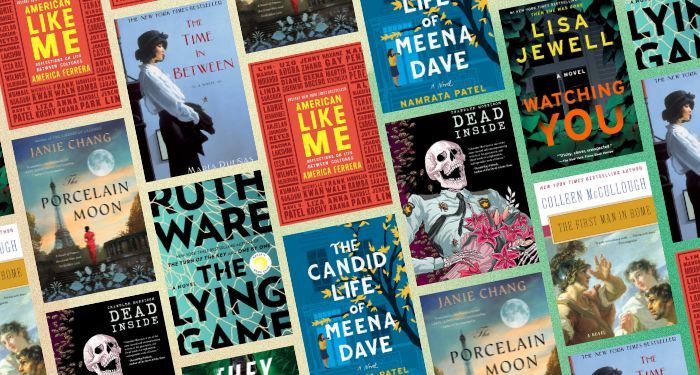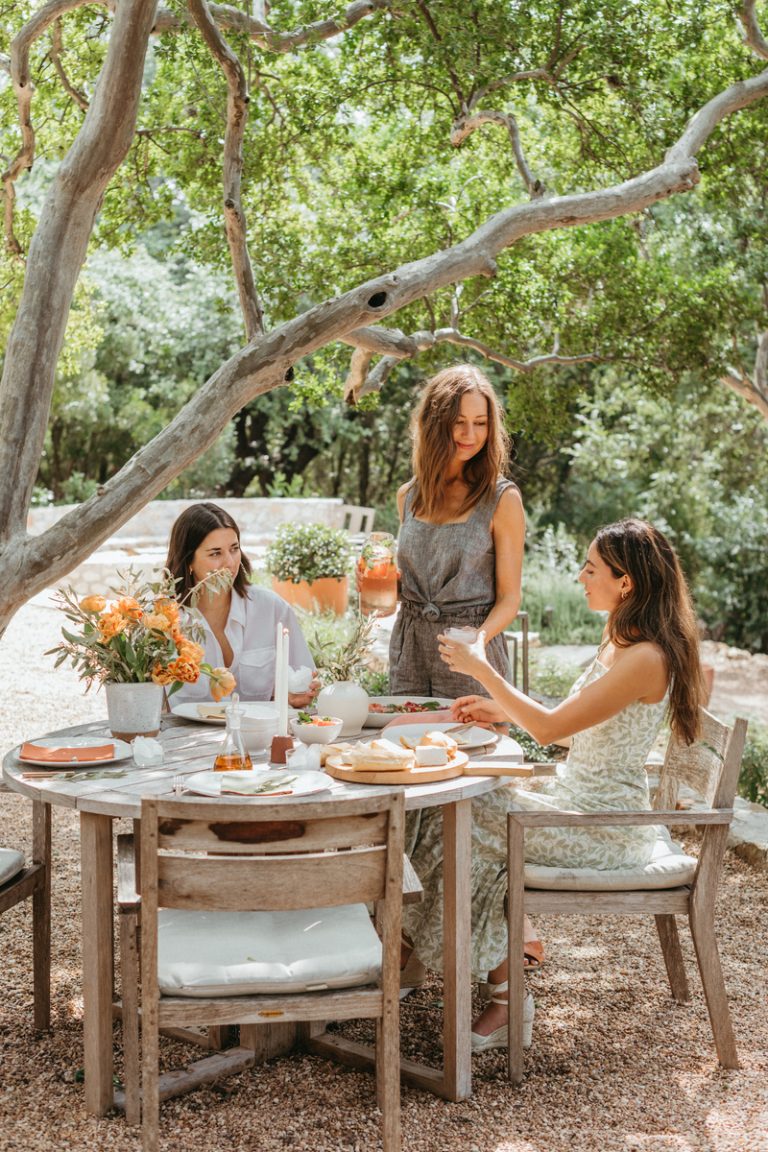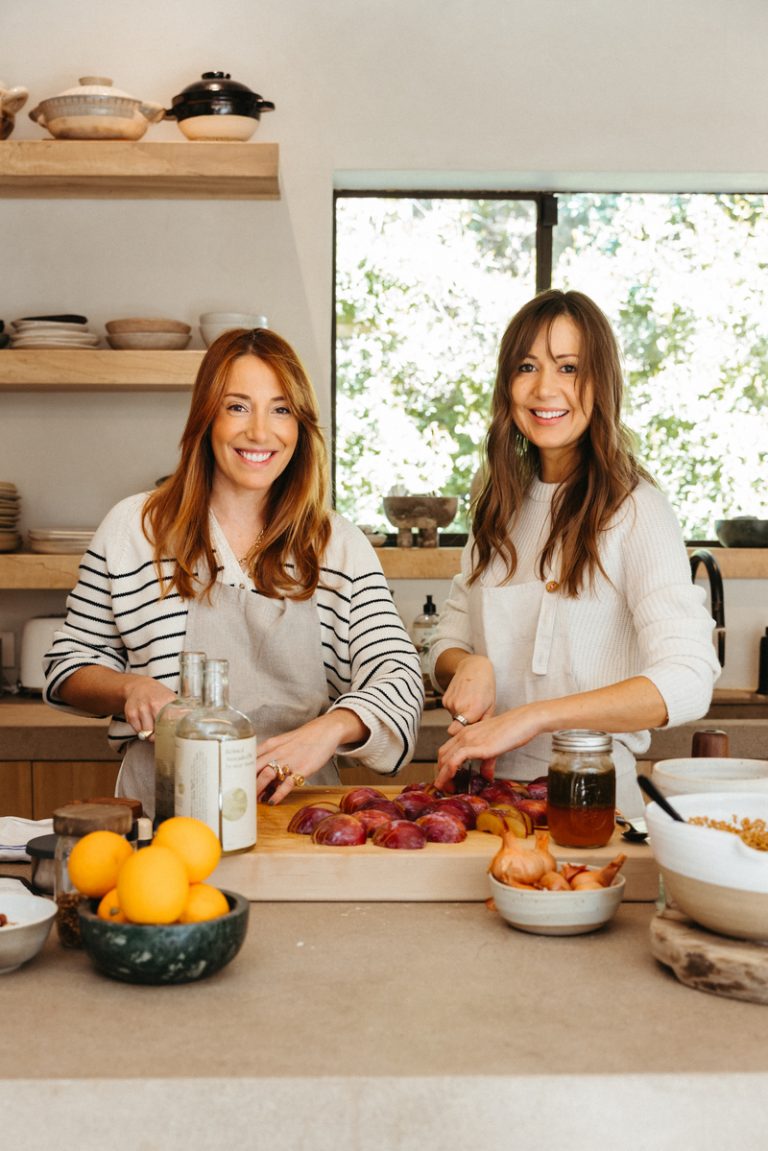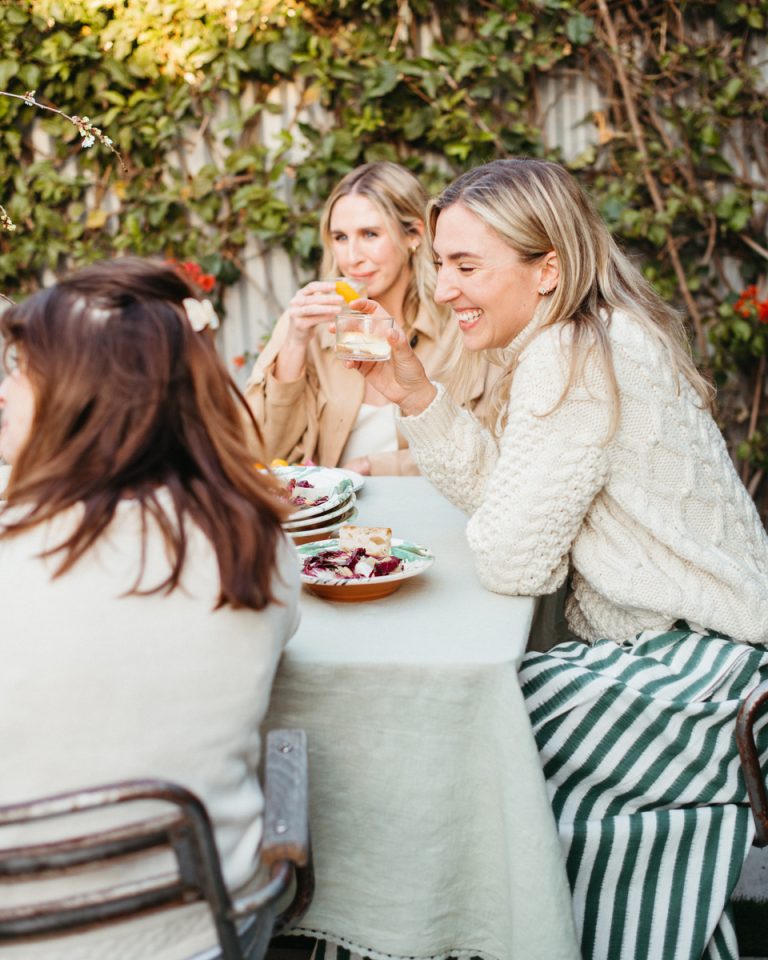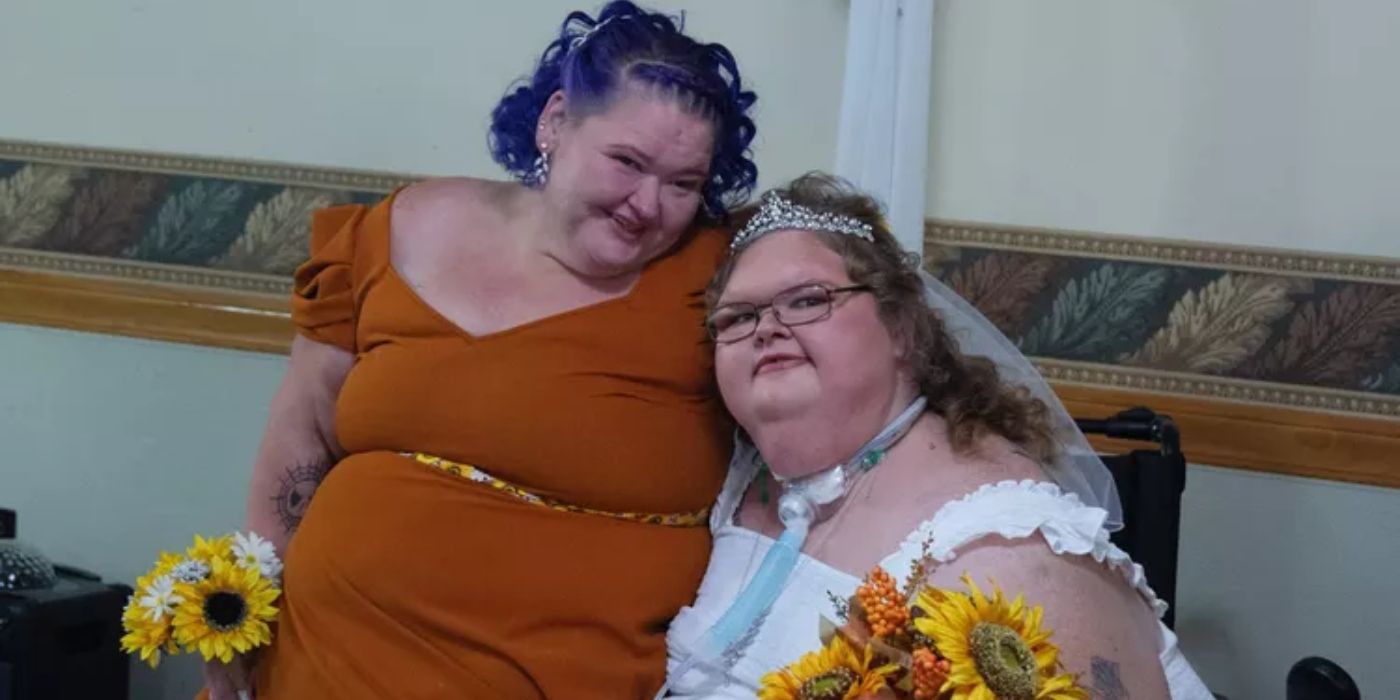When it comes to sibling relationships, there is truly no shortage of clichés. From the polar opposite sisters who just can’t seem to see eye-to-eye to the pesky younger brother who loves to play pranks on his big sis, we’ve witnessed all kinds of sibling relationships in the media. And many of us have experienced these dynamics in real life, too. But what’s not discussed as often is adult sibling relationships—though in this scenario as well, the clichés still abound.
In film and television, most sibling relationships occur during childhood, shining a light on the coming-of-age experiences that accompany growing up in close quarters with a sibling. But what happens when you’ve moved out of your parent’s home and started your own life? How does your relationship with your siblings change then?
Image above: Riley Reed
Tips for Nurturing Adult Sibling Relationships
Over the years, my sister and I have become much closer, but it has taken us a while to find our way. Growing up three years apart was just a big enough age gap to keep us at odds with one another, especially since we both played different roles within our family dynamic (see, it’s a cliché for a reason)! I was the peacemaker, whereas she was the troublemaker. You can imagine how that went…
However, I’ve learned over the years that we grow out of these roles and blossom into new ones as adults. This may seem obvious, but it can be hard to let go of those past identities, especially when you may not see each other on a daily basis like you used to. We tend to subconsciously do this with almost all our family members, including our parents.
The Expert
To get more insight into this concept, I spoke to Fernanda Barceló—a licensed therapist and expert on relationships. “The dynamics we had with our siblings all through childhood are so deeply ingrained in us that being around them is almost like time-traveling right back to being kids! Our childhood—and thus our family unit and our roles within our families—establishes a huge part of our personalities, how we show up in the world, and how we relate to others.”
She adds, “No matter how old you get, siblings’ roles in their families may never really change. The oldest might always be the most responsible leader or type A. The youngest might always be the most rebellious, free-spirited, or the one who gets away with murder with Mom and Dad. This isn’t to say that we won’t evolve as we age. It simply means that for most of us, reverting back to how we got along as kids happens when we’re around our siblings because it’s an easy groove for our patterned behavior to follow.
However, if this is getting in the way of better relating with our siblings or building stronger relationships, making a conscious effort not to stereotype them based on who they were as kids or what they were labeled as within the family (e.g., the angry one, the good one, the irresponsible one) is important. This might mean giving them the benefit of the doubt in certain situations, checking in before making assumptions, and checking our own triggers and reactions to see if they actually match the present-day situation or if we’re reacting to an old, established story of who our siblings were—and not who they’ve actually become.”
This concept got me thinking about how grateful I am to have nurtured a positive relationship with my sister recently, and today, I wanted to share some ways that I was able to do this as an adult in honor of Siblings Day.
Find a Low-Stress Connection
In my personal opinion, adding pressure to any relationship (especially with your sibling) is a recipe for disaster. No relationship should feel forced, and sometimes with family, it can come across that way. Instead, I recommend finding a low-stress topic or subject on which you can find common ground.
This can be as simple as a TV show you both enjoy watching or sharing recipes. For my sister and I, it’s sharing funny stories about our children and reminiscing about our childhood.
Let Go of Expectations
Furthering the point of unnecessary pressure, it’s also important to rid yourself of any expectations of your sibling. I’ll admit that I used to have unreasonable ideas for my sister and how I wanted her to live her life. Internally, I would find myself frustrated by some of her choices because they didn’t align with how I would do things. Of course, this led to avoidable resentment.
It’s also integral to let go of comparisons. A common source of resentment between siblings is the notion that the parents favored one over the other. Perhaps this is how you felt as a child and couldn’t find the words to say it. But now as an adult, there is an opportunity to heal and grow.
Instead of begrudgingly holding onto expectations of how someone else should live their life and unnecessary comparisons, accept them for who they are and meet each other halfway.
Schedule Routine Check-Ins
It sounds simple, but checking in can be harder than it seems. You know those moments when you see someone you haven’t connected with in a while, and at the end of the conversation, you say, “Let’s do this again soon!” only to have a year go by without communicating again? Yeah, it happens to the best of us.
However, I have found that scheduling routine check-ins with my sister has brought us so much closer. This can be every month, three months, or whatever works best for you, but a call or a text can really go a long way in nurturing a relationship that can turn into a friendship. Even a silly meme on Instagram here and there counts!
The Takeaway
Adult sibling relationships can be complex and ever-changing, but nurturing them can be a rewarding experience. By finding low-stress connections, letting go of expectations, and checking in regularly, siblings can develop a deeper understanding and appreciation for one another. While it may take time and effort, investing in a positive sibling relationship can bring joy and support. So, take the opportunity to celebrate Siblings Day and reach out to your brother or sister to strengthen your bond.































